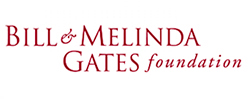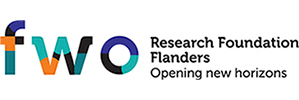The World Health Organization estimates that at least 25 million people are infected with Onchocerca volvulus worldwide, causing blindness in 300,000 and visual impairment in 800,000 people. Over 120 million people are at risk of being infected with the parasite.
Annual or bi-annual mass drug administration (MDA) with ivermectin is the recommended strategy to control onchocerciasis. MDA is likely to exert selection pressure on these parasites, and phenotypic and genetic changes in several O. volvulus populations from Cameroon and Ghana—exposed to more than a decade of regular ivermectin treatment—have raised concerns that sub-optimal responses to treatment with ivermectin are becoming more frequent and may spread.
In the study by Doyle and coworkers, the authors the genetic diversity between 108 Onchocerca worms isolated from patients from Ghana and Cameroon was compared with different individual and/or community ivermectin treatment histories and different responses to treatment.
Genome-wide analyses revealed genetic variation that significantly differentiated worms isolated from good responders and suboptimal responders. These genomic differences were not randomly distributed throughout the genomes, but were clustered in 31 loci, with little overlap in position or gene content between countries. Genes previously suggested to be associated with suboptimal responses to ivermectin were largely absent in the loci.
The authors concluded that ivermectin responses are polygenically-determined quantitative traits, and that identical or related molecular pathways but not necessarily individual genes are likely to determine the ivermectin responses.



